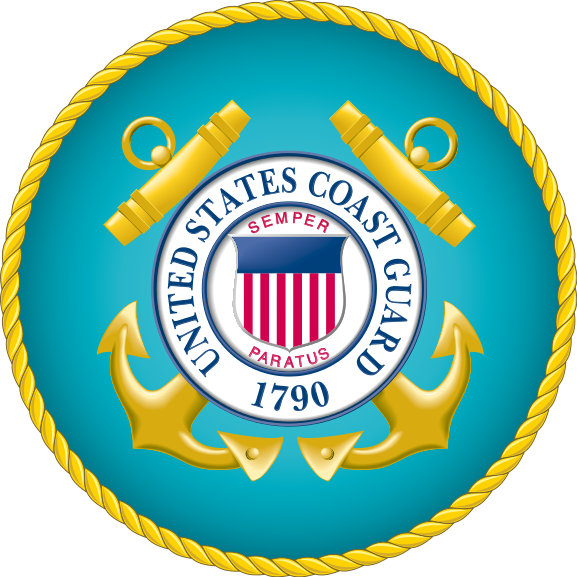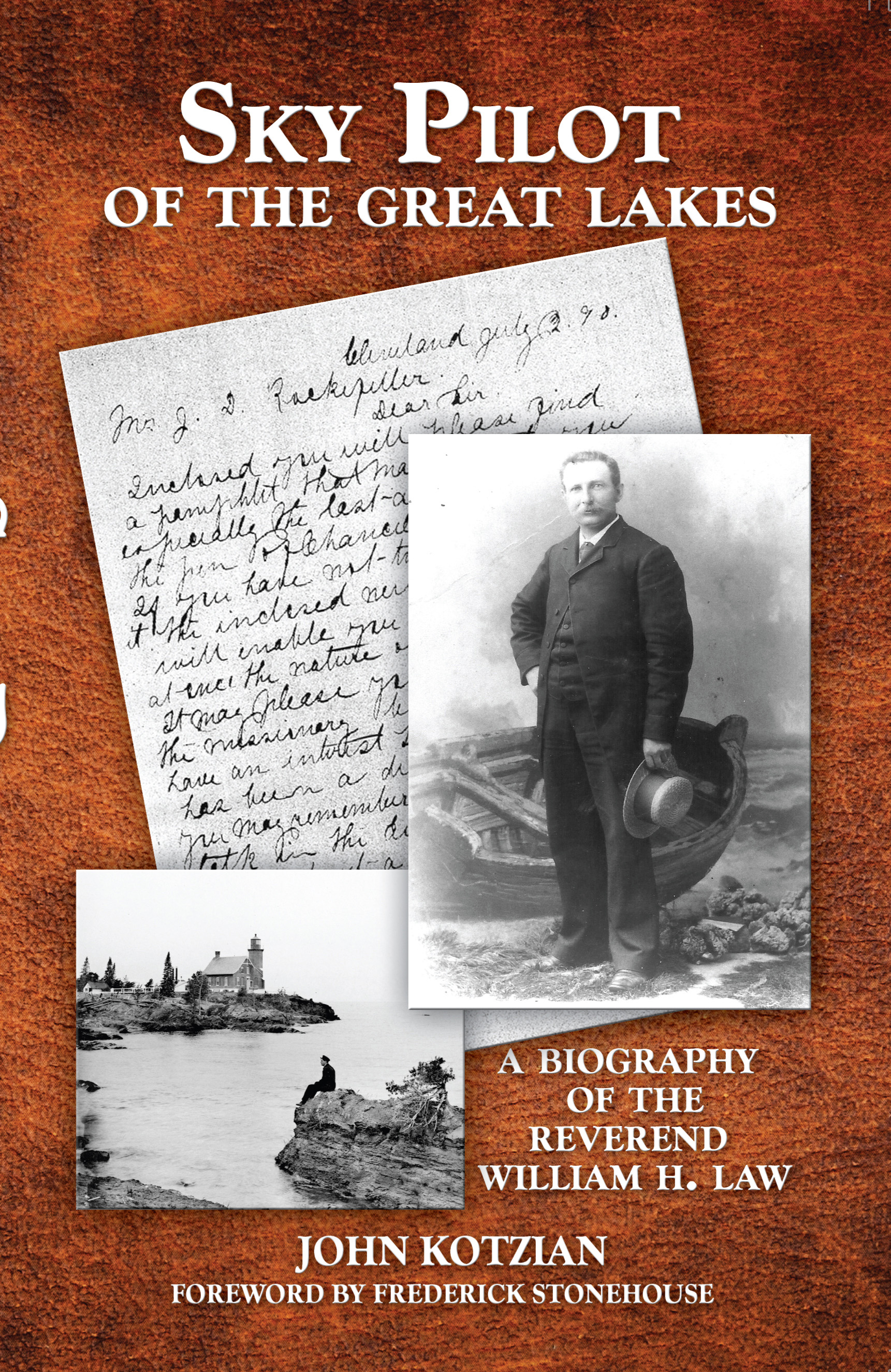Happy 100th Anniversary to the Coast Guard act of 1915! In case you missed my interview about Sky Pilot of the Great Lakes with Michigan Public Radio’s “Stateside with Cynthia Canty” program yesterday and would…
Month: January 2015

Interview with Stateside with Cynthia Canty – January 27th, 2015
Tune in to Stateside with Cynthia Canty tomorrow January 27th, 2015 to hear an interview I did with Cynthia about the Sky Pilot of the Great Lakes and the 100th anniversary of the United States…

A Birthday Present for the Sky Pilot of the Great Lakes
One hundred years ago on this day, January 20, 1915, the U.S. House of Representatives, on the recommendation of then President Woodrow Wilson passed the Coast Guard Act of 1915. The bill (S. 2337; a bill…
